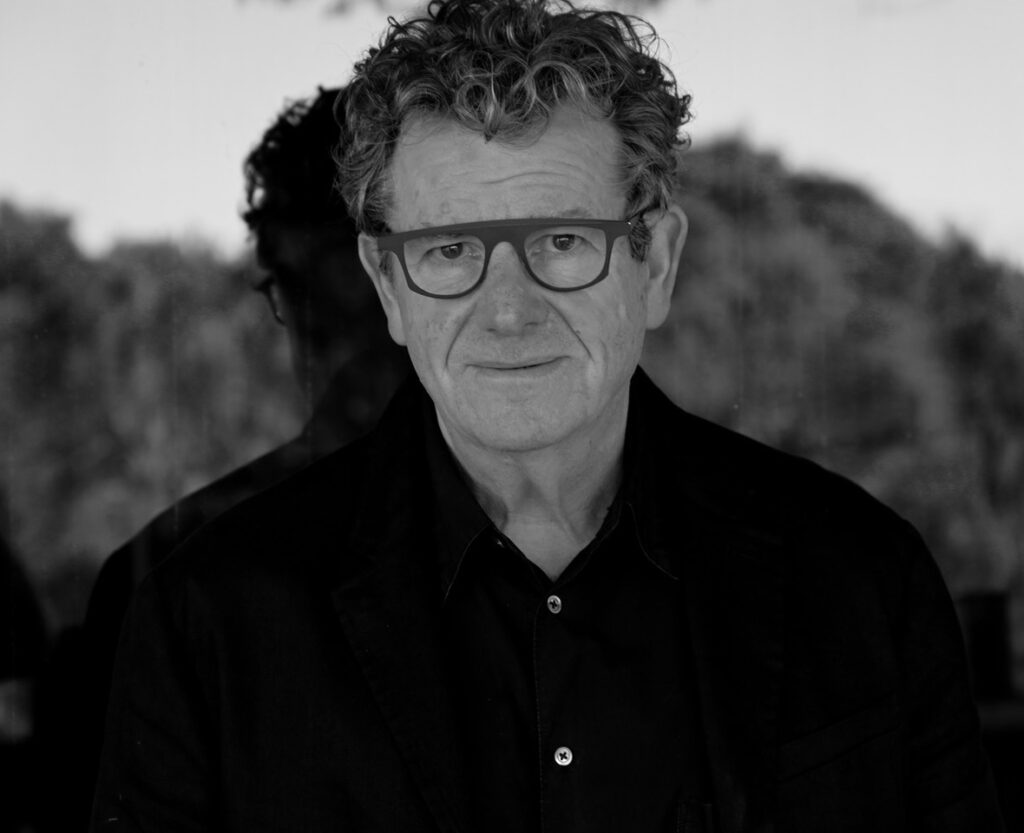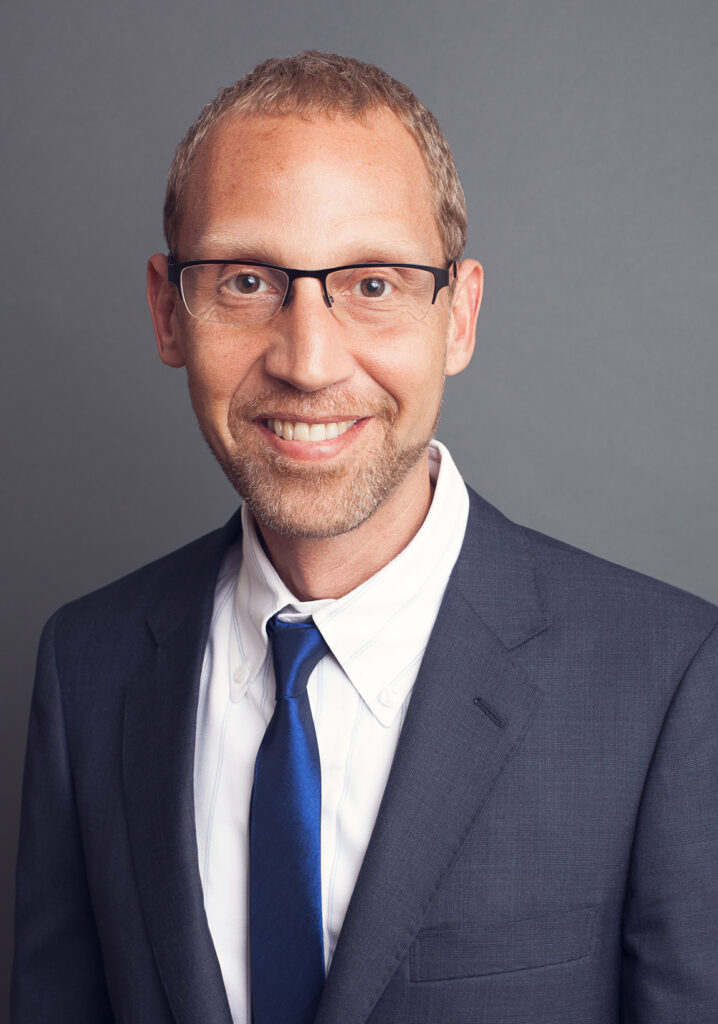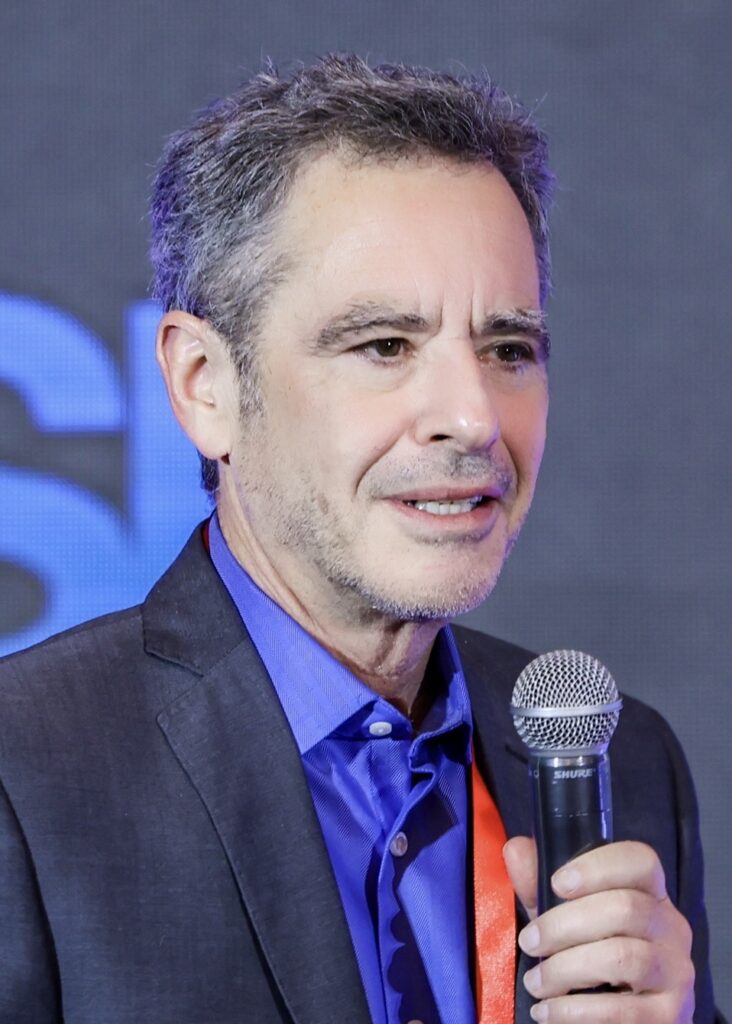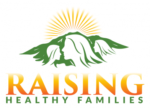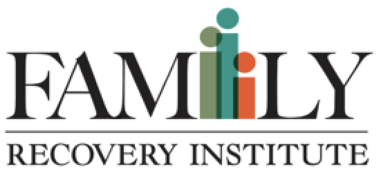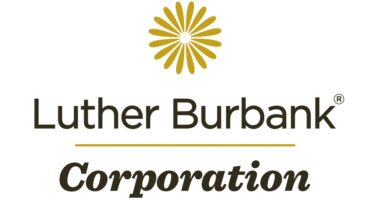This list will be updated as we receive donations.

- This event has passed.
Why Am I Feeling (or Behaving) this Way? How Working with Trauma Impacts the Clinician
– Presented by Julie Robbins [Class]
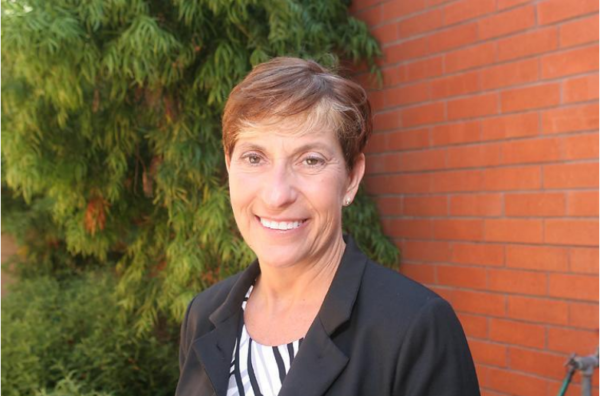
NARRATIVE:
This workshop will focus on issues related vicarious and secondary trauma that impact professionals who work with vulnerable populations and populations with histories of child maltreatment, trauma, and complex trauma. The class will also address those clinicians who work regularly with clients with intense pain, grief, and loss. Definitions and differences between burn out, countertransference (how our personal experiences may interfere with our work), compassion fatigue, and secondary trauma will be reviewed. Signs and symptoms of secondary trauma, as well as indications that it is interfering in one’s work or personal life, will be discussed. A self-assessment tool(s) will be given. Specific triggers that could activate secondary trauma will also be presented. The workshop will conclude with strategies for restorative work, self-care, and prevention. There will be an opportunity for clinicians to bring examples of their own experiences and how this is currently (or in the past) being managed during the Q and A time slot.
LEARNING OBJECTIVES:
Upon completion of this workshop, participants should be able to:
-
- Define secondary traumatization
- List and explain three characteristics of secondary traumatization
- List and describe three ways to prevent secondary traumatization
- Understand how to develop a self-care plan and list two ways that you can use this for your own self-care
COURSE OUTLINE – 3 HOURS:
9:00 – 9:30 am
Julie Robbins will present an overview of countertransference and secondary traumatization.
9:30 – 10:00 am
Julie Robbins will describe the indicators of secondary trauma.
10:00 – 10:30 am
Julie Robbins will present on self-assessment tools.
10:30 – 10:45 am BREAK
10:45 – 11:15 am
We will explore ways to identify countertransference and secondary traumatization.
11:15 am– 12:00 noon
Julie Robbins will present on how to work with countertransference and secondary traumatization self-care and restorative work, and also will discuss prevention.
CONTENT CURRICULUM:
-
- This class builds on the already existing doctoral program by expanding the participant’s base knowledge of countertransference and trauma by explaining the differences between the two and how not only one’s own trauma, but exposure to client’s trauma can cause secondary trauma.
- Trauma, particularly interpersonal abuse and violence, affects a significant portion of the general population. This class will enhance participants’ knowledge of trauma, as well as provide some tools to work more effectively with trauma both in and out of sessions.
- This workshop is applicable to all providers in the field of mental health who are currently (or in the future will be) working directly with treating child and adult survivors of trauma. The concepts are basic enough to be integrated by a new clinician, as well as to expand an experienced clinician’s knowledge base. This workshop applies mostly to those who have had some experience working directly with clients with trauma (especially interpersonal/chronic/complex) experiences.
- The content is not only based on textbooks fairly common to the treatment of trauma and other publications (peer reviewed) directly addressing issues of secondary trauma but based on the instructor’s over 40 years of clinical experience (directly doing long-term treatment of child, adolescent, and adult survivors of interpersonal trauma. There is little risk in presenting this material and it may be limited (in sustainability) without each participant following up their individual needs with a clinical supervisor and/or therapist.
- The material presented can be applied to all clients, gender, sexual orientations, and culture. Each participant will be welcome to ask specific questions regarding a case where they may be having difficulty applying the concepts to a specific culture/religion/sexual orientation, etc.
COST:
CIP Members:
$75 early registration 10 business days prior to seminar; $90 after
Non-Members:
$100 early registration up to 10 business days prior to seminar, $115 after
CEs: 3 CEs for LMFTs, LCSWs, and Psychologists. Participants must attend the full live session and complete the evaluation at the end to receive a CE completion certificate.
Community Institute for Psychotherapy is approved by the American Psychological Association to sponsor continuing education for psychologists. Community Institute for Psychotherapy maintains responsibility for this program and its content.
Cancellations must be received in writing by email: admin@cipmarin.org, 10 business days prior to the seminar or class for a refund minus a $25 cancellation fee.
Accommodations will be made wherever possible to those with disabilities. Please let us know of any disabilities upon registration, to ensure proper accommodations are put in place prior to workshop/training.
Grievance Procedure: CIP will respond to complaints in a reasonable, ethical and timely manner, when submitted by program attendees in writing to the Chair of CIP’s Professional Development Committee.
Anti-Discrimination Policy: CIP shall not discriminate against any individual or group with respect to any service, program or activity based on gender, race, creed, national origin, sexual orientation, religion, age or other prohibited basis. CIP does not require attendees to adhere to any particular religion or creed in order to participate in training. CIP will not promote or advocate for a single modality of treatment that is discriminatory or likely to harm clients based on current accepted standards or practice.
*There is no conflict of interest or commercial support related to this CE program.

